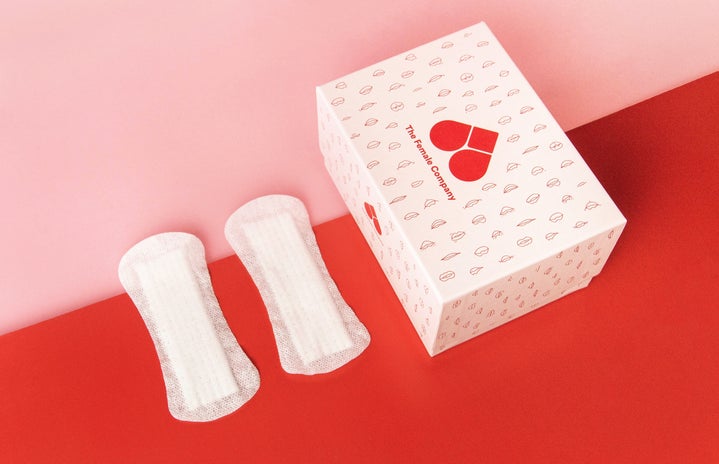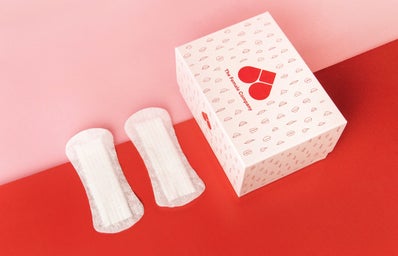Recently, among all the Coronavirus headlines, there was a smaller but equally interesting piece of news emerging – Scotland is making sanitary products free for everyone who has a period. This immediately drew my attention as there has been considerable debate in the recent years about the fairness of the ‘tampon tax’ – all sanitary products in the UK are currently subject to 5% tax. There have been vocal protests against it, with arguments such as that menstruation is a natural bodily function for about half of the population and therefore sanitary products are a necessity which should not be taxed. Another powerful argument heard was the problem of period poverty – people who are not able to afford to get the products that they need every month being put in a position where their basic health needs are not fulfilled. This raises questions about not only the economic cost of being a woman but also what the gender differences in our needs are and how those are addressed, examined and fulfilled by those in power.
It is yesterday’s news that women’s beauty products and equipment are overpriced when compared to equivalents advertised at men. This is called the pink tax – the rise in price of regular products that are gendered and then marketed specifically at women. What does that tell us about the society we live in and the way consumerism creates and exploits differences between genders? Men and women use different products but that is not the only gender difference. Different genders often ascribe various values to products and the use they get out of them. In terms of appearance, women are taught from a young age that it is their duty to be well-groomed and look appropriate, so they are encouraged to use beauty products more. The meaning that society places on women’s appearance imbues the use of those products with value for those women who get a feeling that these are necessities. This is a psychological tactic to make the products more desirable and enhance demand, but it reflects a significant difference in what we perceive as the needs of women and men. Men are encouraged to buy razors and grooming products with similar imagery, but in ads targeted at men the products often don’t only give them good appearance. Good appearance is not the goal – but good appearance means success, it means professionalism, it means skill and achievement. Therefore, the value is more in what the products might help men attain rather than coming from the product itself. Women desire to succeed, be professional, exceed expectations and achieve highly too, but those needs are not what we try to fulfil by marketing techniques. Similarly, men want to be confident in their appearance, be perceived as handsome, and feel good in their own skin – but this need is concealed by the constant pursuit of the signifiers of male success.
These might be examples coming from just one aspect of society’s image of what women’s and men’s needs are, and it may well be that the view of those needs is much clearer and much more accurate in different parts of the society. However, the fact is that advertising affects us all in a generalized, blanket way, trying to cover us all within their target demographic through creating the target themselves. This means that the needs that advertising is trying to create and fulfil are the needs that our society still perceives as most generally corresponding to most of us, ones that can resonate with just about anyone.
This is problematic. It is obvious to say that women want much more than a good appearance at this day and age, and that men have moved on from toxic competitiveness and are more comfortably pursuing personal growth including beauty as well, but the problem remains that these shifts are not fully embraced by the media and the policies of governments who perpetuate the myths of different needs. The example of the tampon tax is very relevant here, because it portrays the crux of the problem. People do not choose to menstruate, and therefore they cannot choose not to buy the sanitary products. Yet it seems like the carefree, appearance-focused cliché advertising of sanitary products created the perception even in the minds of the lawmakers that sanitary products are more of a beauty product than a health staple – something that enables women to wear flowy dresses on sunny days and white trousers to city outings rather than an essential product of personal hygiene and health. Policy and law makers need to shift their thinking towards a focus on what actually constitutes basic human needs to conduct an accurate assessment of what is an appropriate policy response rather than feed into the myth of gendered needs and privileges. Period products should definitely not be a privilege to have, and the need for them is not motivated by beauty concerns. Other governments should follow suit after Scotland to acknowledge this and act consistently with the notion of human health needs.


